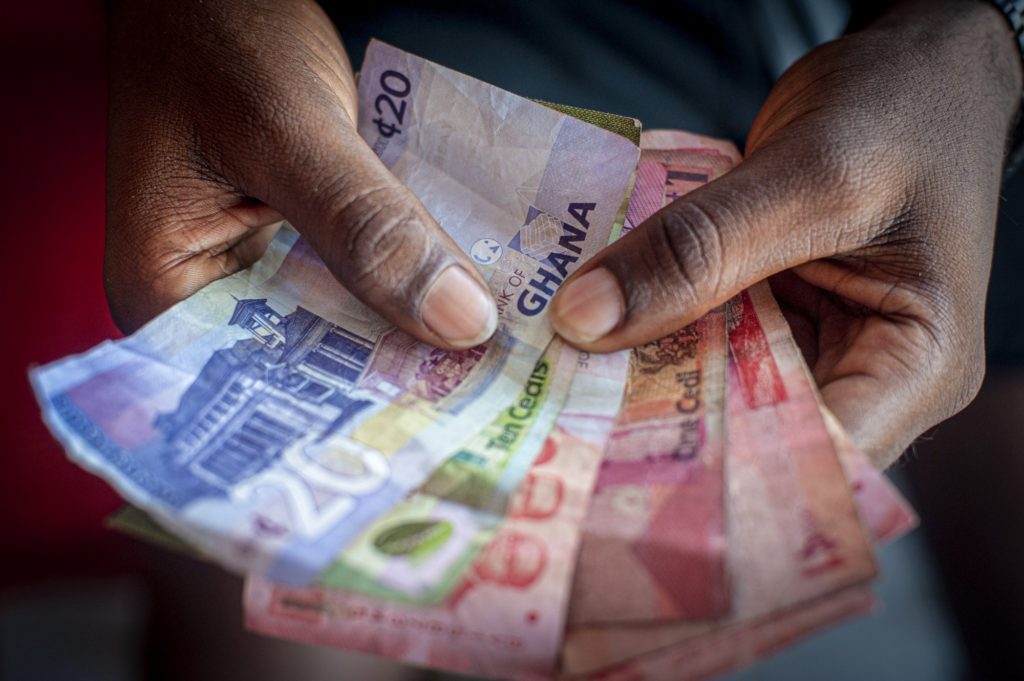
The Spread of Counterfeit Currency in Kumasi
Counterfeit currency has become a growing concern in Kumasi, Ghana’s second-largest city. Fake cedi notes, particularly the 50, 20, and 10 denominations, are increasingly circulating in various sectors of the city’s economy. This illicit activity poses serious threats to the financial stability of individuals and the integrity of the nation’s currency.
The Emergence of Counterfeit Cedi in Kumasi:
Kumasi, known for its bustling markets and vibrant economy, has unfortunately become a hotspot for counterfeit currency. The city’s vibrant trade scene, with numerous vendors and businesses, provides fertile ground for the circulation of fake money.
Impact on Local Businesses:
Small businesses in Kumasi are particularly vulnerable to the effects of counterfeit currency. They often unknowingly accept fake notes, resulting in financial losses. This not only affects their profitability but also erodes trust in the local currency.
Recognizing Counterfeit Cedi:
To protect themselves, Kumasi residents should familiarize themselves with the security features of genuine cedi notes:
- Watermarks: Genuine cedi notes have a watermark of the portrait of the prominent figure on the bill. Hold the note up to the light to see this feature.
- Security Thread: A metallic thread runs through genuine cedi notes. It appears as a thin, silvery line embedded in the paper.
- Texture: Authentic cedi notes have a unique rough texture due to the quality of the paper. Counterfeit notes may feel smoother or thinner.
- Print Quality: The print on genuine cedi notes is sharp and clear, with raised ink. Counterfeit notes often have blurry or less defined printing.
Reporting Counterfeit Currency:
Residents of Kumasi are encouraged to take action if they come across counterfeit currency:
- Avoid Circulation: Refrain from using or passing on the fake money to prevent its spread.
- Report to Authorities: Contact the nearest police station or the Bank of Ghana to report the counterfeit currency. The Bank of Ghana has a dedicated unit for handling such cases.
Collaborative Efforts:
The fight against counterfeit currency requires a collaborative effort. The Bank of Ghana is actively engaged in efforts to combat the spread of fake money. They conduct regular public awareness campaigns and collaborate with law enforcement agencies to apprehend counterfeiters.
Conclusion:
Counterfeit currency poses a significant threat to Kumasi’s economy and the financial stability of its residents. By staying vigilant and knowing how to spot fake cedi notes, individuals can protect themselves and contribute to the fight against counterfeit currency. Let’s work together to safeguard Kumasi’s financial integrity and ensure that genuine cedi notes remain the trusted currency in the city.
